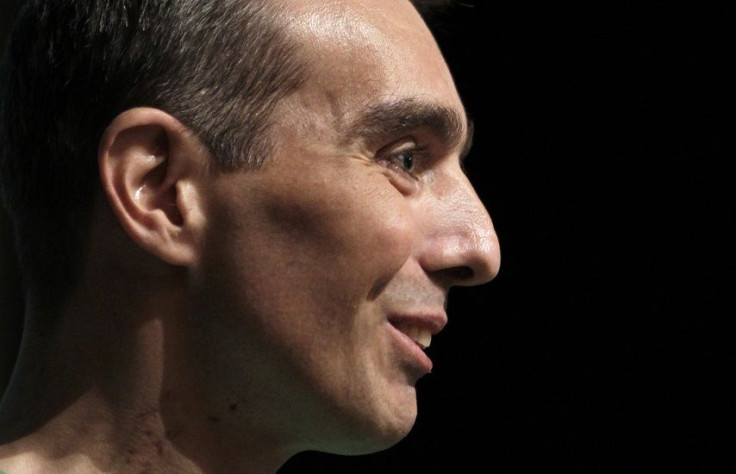Czech Man With No Heart Dies of Liver Failure 6 Months After Operation

The Czech man who survived for more than half a year without a heart has died at the age of 37.
Jakub Halik, who was a father-of-one and a firefighter, had his heart replaced with mechanical pumps in a pioneering surgery last April after an aggressive cancerous tumor was found growing inside his heart.
Doctors said that Halik died because of complications caused by liver failure, and not because of the artificial heart itself, according to the BBC.
Halik was waiting on the transplant list for a suitable donor when he died.
Despite not having a pulse and always needing to carry a battery pack to charge his mechanical heart, Halik was able to walk around and even exercise in the hospital gym.
The former firefighter was not able to accept a donor heart earlier because the cancer meant he wouldn't be able to take the necessary drugs prescribed afterwards because of his cancer.
Halik was the second man to undergo the radical procedure after the first patient, Craig Lewis, died a few weeks after surgery in Texas in 2011.
Dr. Jan Pirk, director of cardiology at the Institute of Clinical and Experimental Medicine in Prague, had led Halik's operation.
Surgeons spent eight hours operating on Halik. Pirk and his team had implanted two plastic pumps designed to perform the separate tasks of the left and right side of the heart into Halik's chest.
Speaking at a press conference in August, Halik had said that he felt "very good physically" and that he had made the right choice to go ahead with the surgery.
"It was hard for me but I didn't have any other chance at all," he told reporters. "It was acknowledged that with the tumor I can survive for about one year and I decided to fight and do it this way."
"I don't even realize it, because the functions of the body are the same, only my heart is not beating and I have no pulse anymore," Halik said. "Otherwise I am functioning like a healthy man at present."
Doctors are unsure how Halik's liver failed, and they are now waiting for post-mortem examination results.
Published by Medicaldaily.com



























